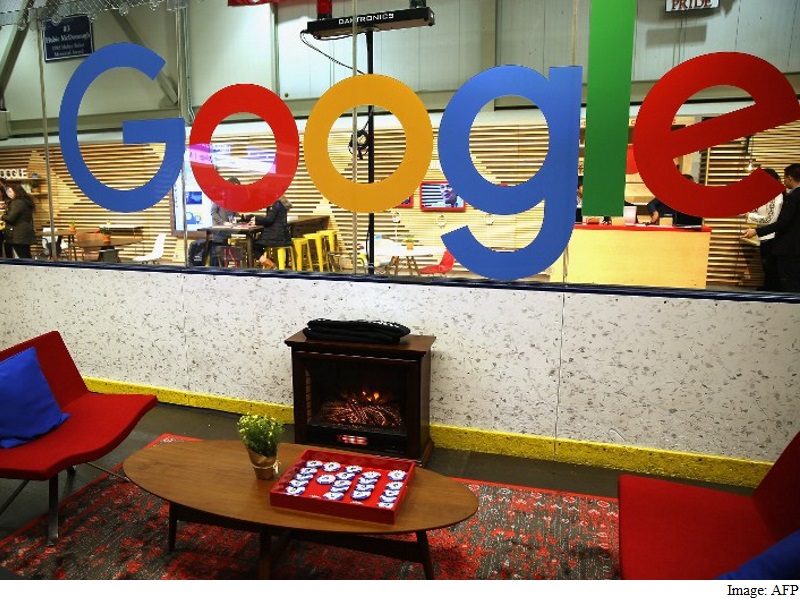- Home
- Internet
- Internet Features
- What a Deal Between Google and T Mobile Says About the Future of Internet Access
What a Deal Between Google and T-Mobile Says About the Future of Internet Access

Introduced last fall, Binge On allows T-Mobile subscribers to watch partnering online services such as Netflix and HBO without having that data consumption eat into their monthly cellular plan. When T-Mobile first launched, Google's YouTube service was noticeably missing as a partner.
But now Google is coming on board which is remarkable, because it has been critical of T-Mobile's program. And its decision to participate this week marks the latest in a much wider debate over the future of Web content and Internet access.
You see, T-Mobile's video program comes with a catch. Although users are basically getting free stuff with Binge On in that they get to binge - hence the name - on shows like "House of Cards" on their phones and tablets without using up their data, as part of the program T-Mobile also reduces the quality of many video streams.
In December, Google said that T-Mobile wasn't just limiting the quality of the video coming from its Binge On partners, such as Netflix, but also from those that weren't even participating, such as YouTube. The result was a subpar experience on YouTube for any T-Mobile customer who had Binge On enabled - and the carrier had switched it on for all of its subscribers by default, though they could opt-out manually.
What prevented Google from joining Binge On in the first place? Technical problems that prevented T-Mobile from consistently identifying YouTube videos as YouTube videos, meaning that there was a risk that some YouTube consumption might get mistakenly counted against subscriber data caps, defeating the point of Binge On.
It now appears as though those technical issues have been resolved. In addition to participating in Binge On, Google said in a blog post this week that T-Mobile has adjusted its program to be more clear about how it treats online video. And T-Mobile has made it easier for subscribers to opt out of Binge On, should they want to do so.
"We think these changes, which T-Mobile is making for all users and video providers on a non-preferential basis, can help ensure that the program works well for all users and the entire video ecosystem," Google wrote.
Coming to this agreement will likely benefit both companies. T-Mobile subscribers have saved roughly 57 million gigabytes of data to date by watching through Binge On, the company said Thursday, as opposed to watching through their data plans. And subscribers who have Binge On enabled have roughly doubled their online video consumption compared to before the launch. That should come as hopeful news for YouTube, a service that thrives on increased consumption and which could see usage rise even more as a result of working with T-Mobile.
This feeds into a larger debate about whether it's appropriate for companies to set up these kinds of agreements in the first place. Some critics argue that exempting specific services from data caps - particularly if there's money changing hands - can distort the marketplace to favor big incumbents and make it harder for new competitors to gain a foothold.
Binge On doesn't involve any corporate transactions; companies that want to participate just have to make sure their technology plays nice with T-Mobile's network and terms. But it and other, similar programs from the likes of Comcast, Verizon and AT&T have all attracted attention from regulators, who have held meetings with those companies in recent months.
These have mostly been fact-finding talks, according to people present in the meetings, and they do not amount to an investigation or a probe. But they highlight the complexity of trying to oversee a sprawling and shifting entertainment ecosystem.
© 2016 The Washington Post
For details of the latest launches and news from Samsung, Xiaomi, Realme, OnePlus, Oppo and other companies at the Mobile World Congress in Barcelona, visit our MWC 2026 hub.
Related Stories
- Samsung Galaxy Unpacked 2026
- iPhone 17 Pro Max
- ChatGPT
- iOS 26
- Laptop Under 50000
- Smartwatch Under 10000
- Apple Vision Pro
- Oneplus 12
- OnePlus Nord CE 3 Lite 5G
- iPhone 13
- Xiaomi 14 Pro
- Oppo Find N3
- Tecno Spark Go (2023)
- Realme V30
- Best Phones Under 25000
- Samsung Galaxy S24 Series
- Cryptocurrency
- iQoo 12
- Samsung Galaxy S24 Ultra
- Giottus
- Samsung Galaxy Z Flip 5
- Apple 'Scary Fast'
- Housefull 5
- GoPro Hero 12 Black Review
- Invincible Season 2
- JioGlass
- HD Ready TV
- Latest Mobile Phones
- Compare Phones
- Nothing Phone 4a Pro
- Infinix Note 60 Ultra
- Nothing Phone 4a
- Honor 600 Lite
- Nubia Neo 5 GT
- Realme Narzo Power 5G
- Vivo X300 FE
- Tecno Pop X
- MacBook Neo
- MacBook Pro 16-Inch (M5 Max, 2026)
- Tecno Megapad 2
- Apple iPad Air 13-Inch (2026) Wi-Fi + Cellular
- Tecno Watch GT 1S
- Huawei Watch GT Runner 2
- Xiaomi QLED TV X Pro 75
- Haier H5E Series
- Asus ROG Ally
- Nintendo Switch Lite
- Haier 1.6 Ton 5 Star Inverter Split AC (HSU19G-MZAID5BN-INV)
- Haier 1.6 Ton 5 Star Inverter Split AC (HSU19G-MZAIM5BN-INV)

















